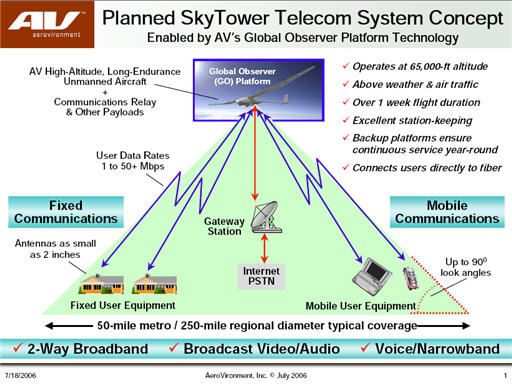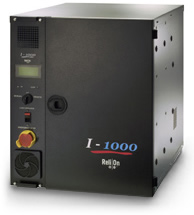This is why I found my recent meeting with Sandra Saathoff of Relion (formerly Avista Labs) very interesting. Her company makes fuel cells and targets carrier networks where there is a need for 100W-12KW. The company’s technology has applications in DLC, fiber, wireless base stations, backhaul, disaster response and repeater stations among others.
Relion’s products such as the I-1000 1kW PEM fuel cell (pictured above) use hydrogen for power and give off water so from an environmental perspective, this is a great solution. There are of course hydrogen storage issues and Saathoff admits freely her company’s solutions are not perfect for all situations.
She also says that her company is benefitting from areas which are banning diesel generators as her company’s solutions do not have acid spills or HAZMAT certificates associated with them. She also points out that Relion’s solutions are hot swappable and redundant and at certain power ranges and run times, Relion’s solutions are cost competitive.
I asked if her company will build larger systems to target data centers and her thought s are that for now it makes sense to focus on increased power density in the fuel cells they currently produce.
Other companies are also supplying equipment in this space. Motorola for example provides fuel cell technology to back up their Tetra base stations (see video below).
As an aside, if your base station doesn’t need to be on the ground, you have the option of flying it 12 miles in the air and allowing the sun to power it.

My take is that fuel cells are great for the environment and should be seriously considered as an alternative to diesel and batteries. Of course the issue with hydrogen in cars is how to get it efficiently and how to keep it stored at ultra-low temperatures. Similar issues need to be worked out for stationary fuel cells but the good news is that the intense focus on alternative energy sources is helping “fuel” the cause to get hydrogen more broadly distributed.






